"I didn’t understand what a vaccine was. I just heard that they can leave permanent marks on the skin and cause fever." Tasmin, 24, pregnant mother of two children Tasmin’s perception of vaccines is fairly common among her fellow Rohingya refugees in Kutupalong, Bangladesh, the world’s largest refugee camp. With limited access to accurate health information, misunderstandings and false rumors can travel rapidly within the community.
Community Immunity: Rohingya Immunization Volunteers Poised to Support COVID-19 Vaccine Rollout5/4/2021
Mohammad Taher is a Rohingya Community Immunization Volunteer supported by Community Partners International (CPI) and Green Hill in the world's largest refugee camp in Bangladesh. Each day, he visits households in his neighborhood to help pregnant and women and young children get vaccinated against deadly diseases.
Noor Bahar’s family was killed during the violence in Myanmar’s northern Rakhine State in 2017. The only survivor, she fled across the border to Cox’s Bazar, Bangladesh, where she now lives as a refugee in Kutupalong Refugee Camp. With no family members to help her, she relies on the support of community volunteers in her neighborhood. As an asthma sufferer, she has to take care of her health, especially with the threat of COVID-19.
One evening in March, Noor suffered an acute asthma attack in her shelter. A passerby saw her struggling to breathe and alerted Zainul Mostofa, a Rohingya Community Health Volunteer supported by Community Partners International (CPI). Ayesha and Jannat are Rohingya refugees from Myanmar sheltering in Cox’s Bazar, Bangladesh. They fled violence in Myanmar’s northern Rakhine State in 2017 with their families, walking for many days to reach the Bangladesh border. Today, they live in Kutupalong, the world’s largest refugee camp. Both receive assistance from networks of Rohingya community health and water, sanitation and hygiene volunteers supported by Community Partners International (CPI). Here are their stories.
In January, Community Partners International launched a new project in northern Los Angeles (LA) County, California, to provide home-based care to patients recovering from COVID-19, freeing up vital bed space to receive new patients in need of intensive and emergency care. More used to providing health services in Myanmar (Burma)’s conflict zones and Rohingya refugee camps in Bangladesh, this is the organization's first U.S.-based project.
In Kachin State, Myanmar, nearly 100,000 people live in displacement camps. Some have been there for 10 years or more, forced to flee their homes due to the conflict that continues to rage in this restive and contested region. COVID-19 is now spreading rapidly in Myanmar and the country has one of the world’s weakest health systems. The cramped and crowded conditions in displacement camps make residents especially vulnerable.
An Epidemic Within a Pandemic: Safeguarding Myanmar's Newborns From Hepatitis B During COVID-197/27/2020
"We have a real opportunity here to push back hepatitis B. With the right approach, we can free a generation of children in Myanmar from this debilitating and deadly virus.” Seven years ago, Khin Aye went for a routine prenatal check-up while pregnant with her first child. The hospital staff conducted a blood test. “When the test came back, they told me I had hepatitis B.”
"We hope that Rohingya children feel happy seeing our cards and that they think, ‘I received this. There are others out there who care for me.’"
These are the words of Faryal Asim, 14. To mark World Refugee Day, Faryal and a group of friends from Houston, Texas, designed cards expressing their solidarity and support for Rohingya children from Myanmar living as refugees in Cox's Bazar, Bangladesh. Faryal and her friends are members of families who have supported Community Partners International (CPI)'s Rohingya Refugee Response since the beginning of the refugee crisis in August 2017. "After hearing what they were going through we decided to make cards for them to make sure they know to stay brave and courageous and to not give up," Faryal explains.
For ethnic health providers in Myanmar to persuasively make the case for increased funding to support comprehensive care, they need to provide clear evidence of needs and results. Community Partners International (CPI) and the Karen Ethnic Health Organizations Consortium (KEHOC) are working together in Kayin State and Bago Region to standardize services and staffing and collect and use population data to measure, verify and improve health services under a pilot purchasing model.
In Myanmar’s restive and remote Naga Self-Administered Zone (SAZ), there are only two medical doctors to serve the needs of an estimated 130,000 people. In April 2020, with the COVID-19 pandemic threatening communities across Myanmar, Community Partners International (CPI) supported local civil society organization the Eastern Naga Development Organization (ENDO) to raise awareness of COVID-19 risks and prevention measures in 108 remote villages in five townships: Lahe, Leshi and Nanyun in the Naga SAZ, and the neighboring townships of Hkamti and Pansaung.
|
AuthorCPI Admin Archives
April 2024
Categories
All
|

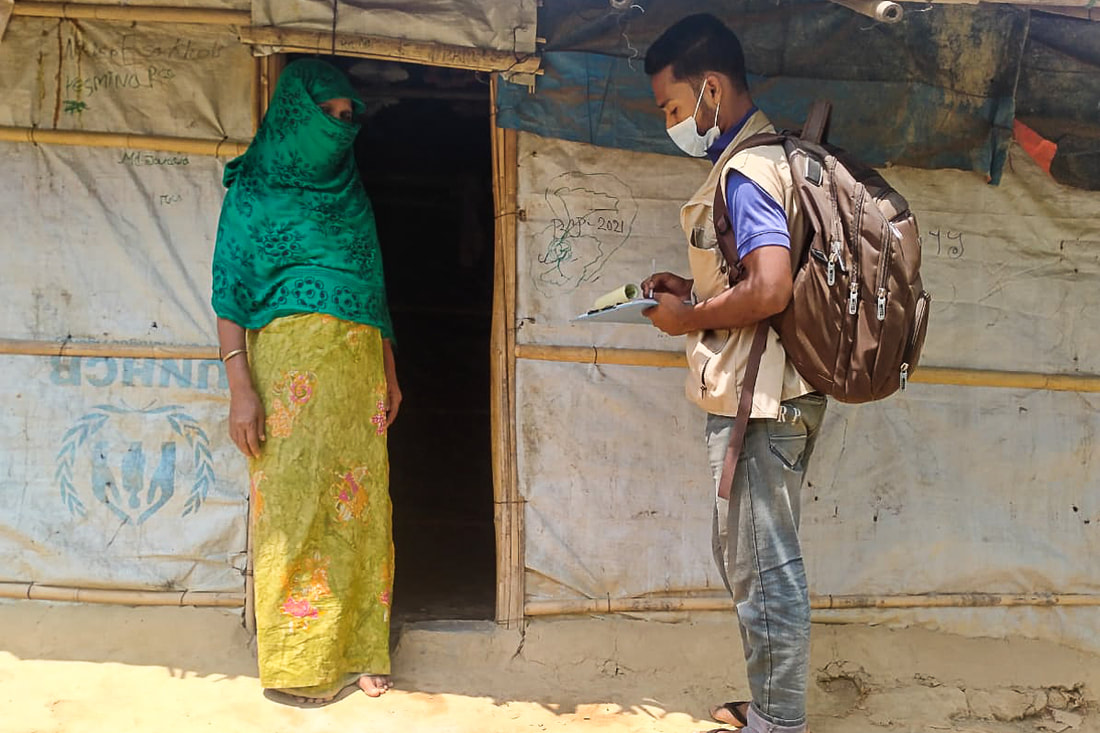
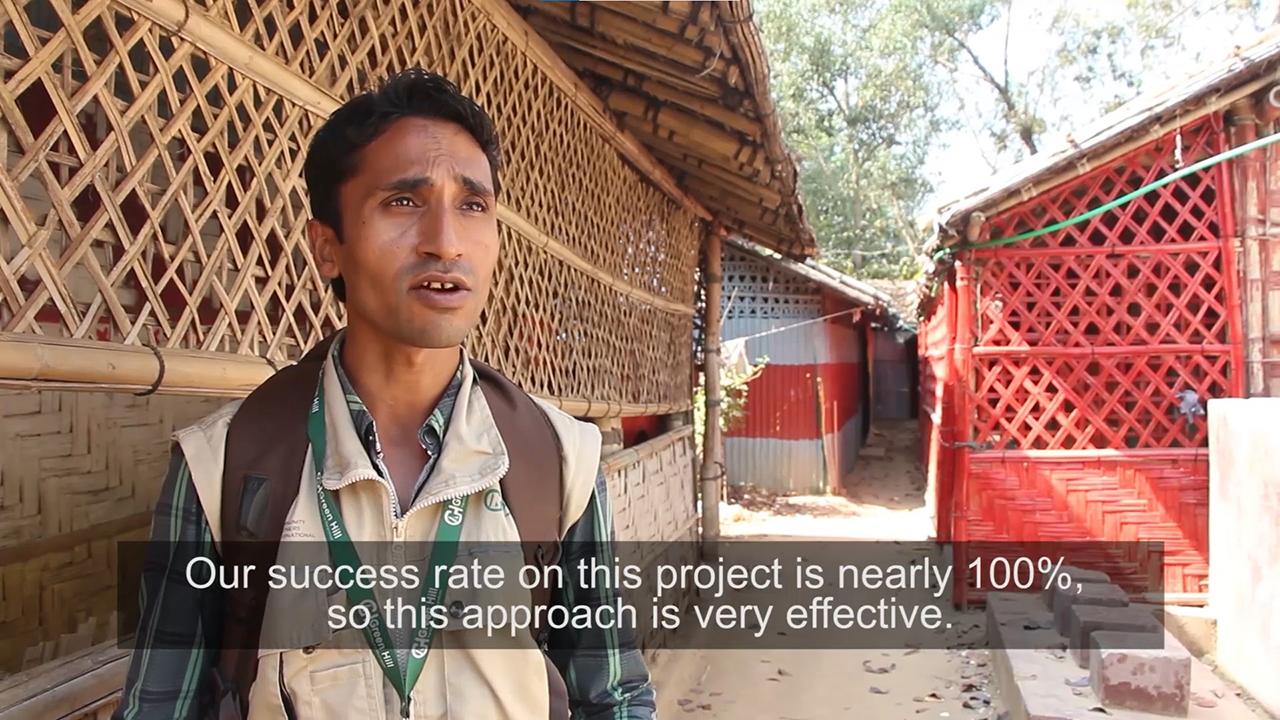
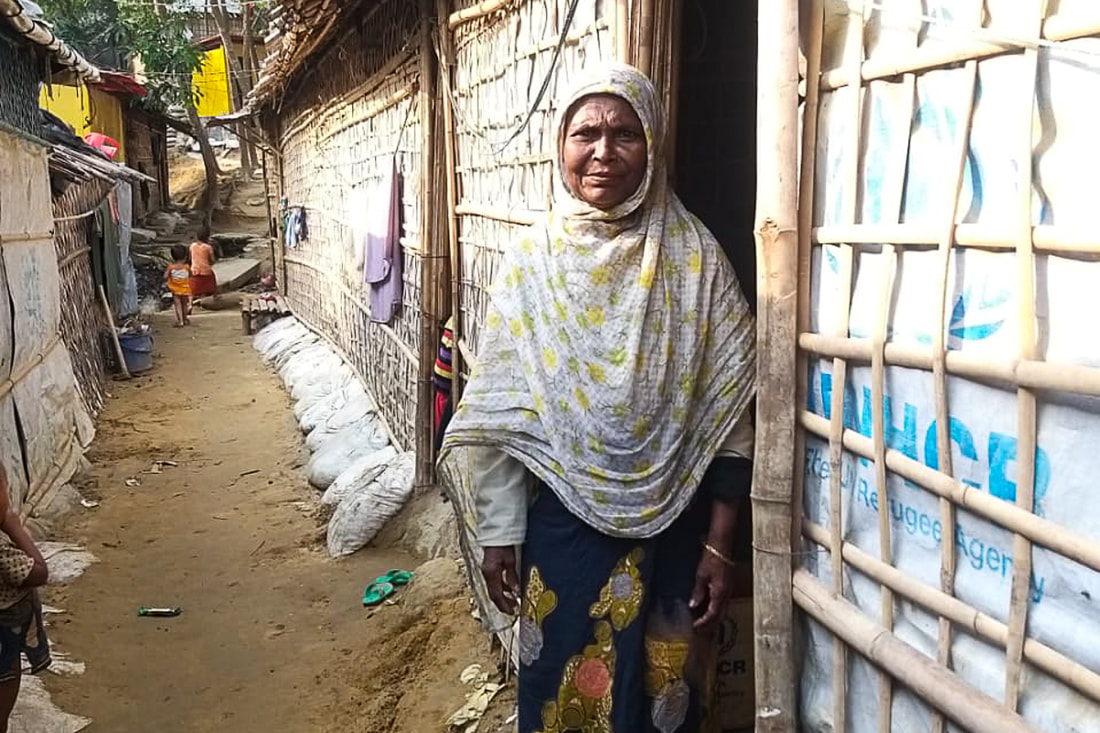
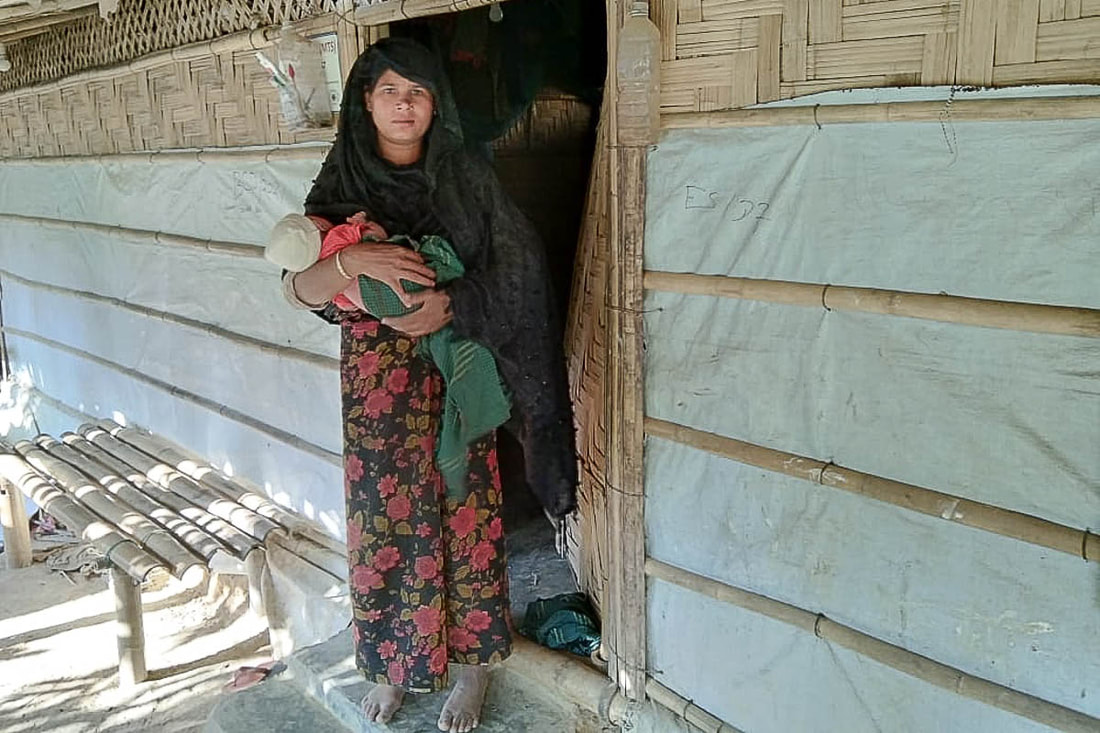
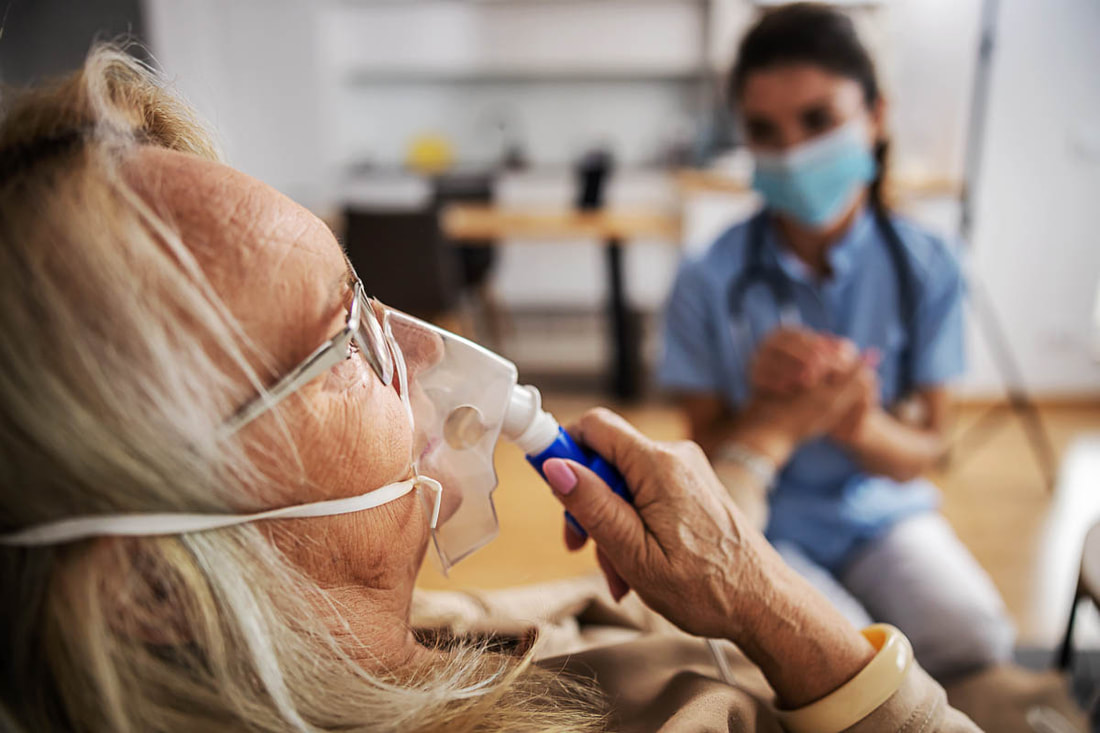
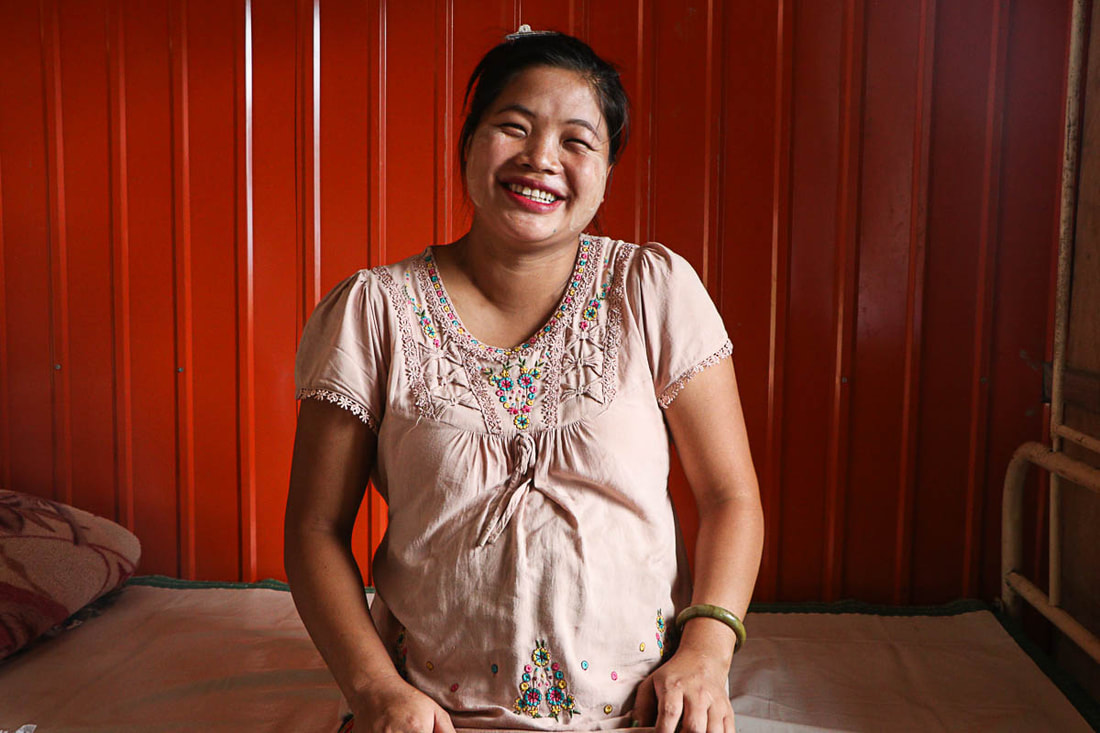
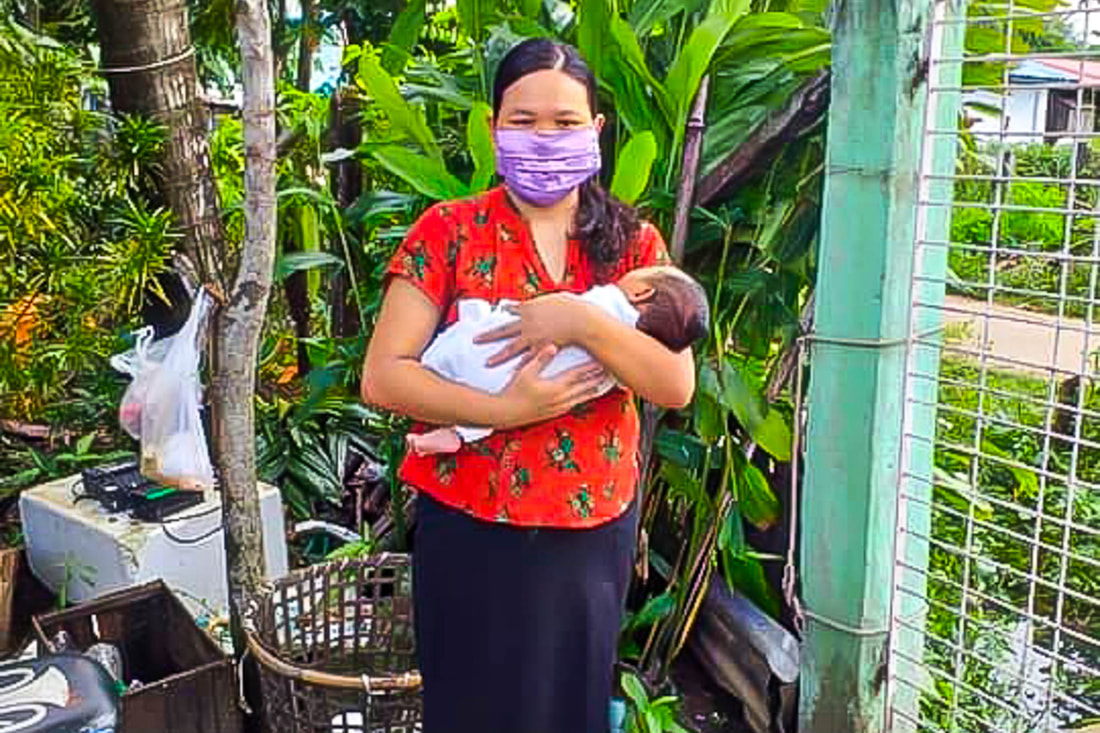
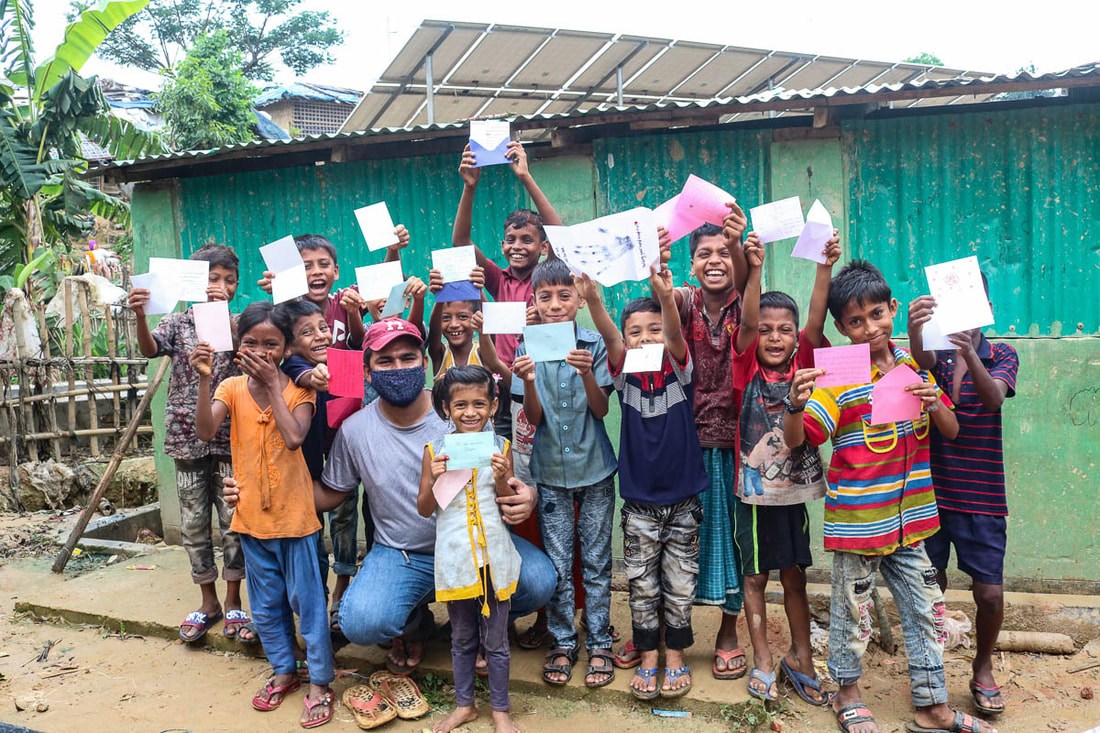
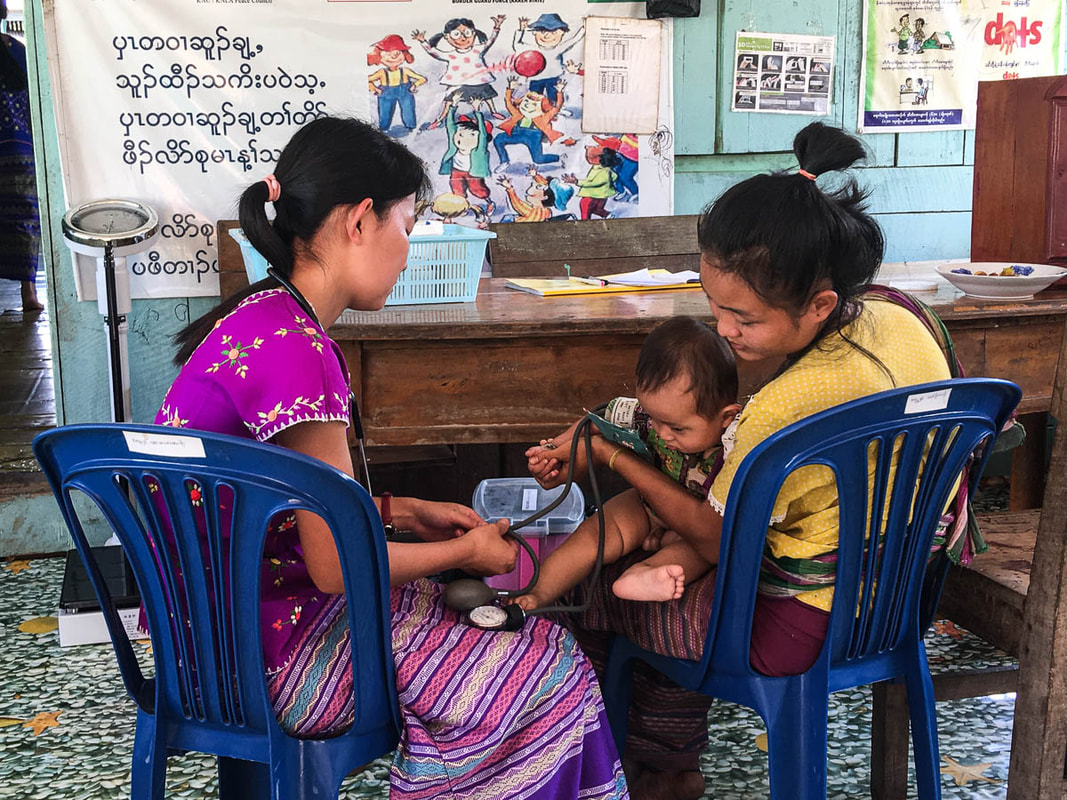
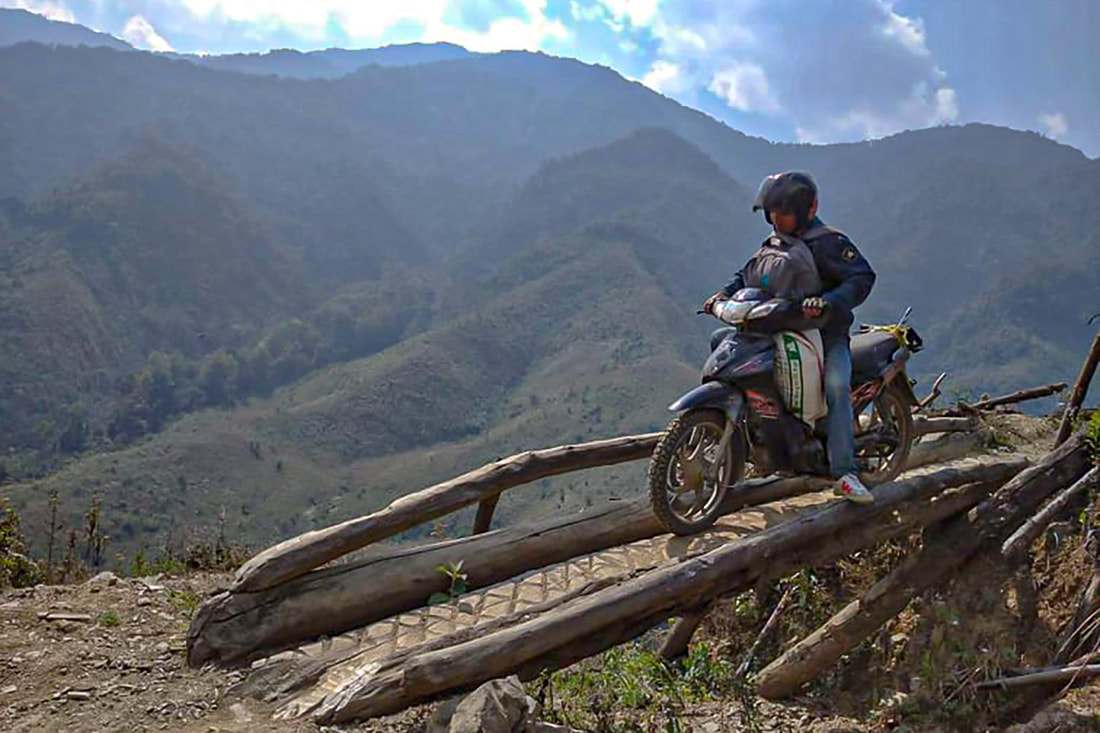
 RSS Feed
RSS Feed
